At the ministerial session of the Istanbul Energy Forum, Mr. Szijjarto first explained that energy security is both a national security and sovereignty issue. However, he added that it is also a physical matter, unrelated to politics or ideologies, as political statements and press conferences do not heat homes or power the economy. He emphasized that the composition of the energy mix is solely a national prerogative, and must remain so.
Any interference into the composition of a nation's energy mix happens for political or business reasons,
– he cautioned. He pointed out that if one side jeopardizes the security of a country's energy supplies - either through sanctions or by obstructing deliveries - it is considered an attack on that country's sovereignty.
Therefore, we reject all such initiatives, and we find it extremely outrageous when they come without any prior notice,
– he said. Mr. Szijjarto also recalled that the outgoing U.S. administration had placed Russia's Gazprombank on its sanctions' list the previous day, which could present challenges for some central European and south-east European countries.
This is why we, the countries of this region, must cooperate closely, and we will work together to find a solution for securing our energy supplies under the new circumstances, independent of all external pressure and attacks,
– he declared.
FM Szijjarto praised Serbia, Bulgaria, and Turkey for acting as reliable transit states.
Together, we will find a way to ensure the energy security of our countries in the future, and to protect ourselves from attacks on our energy sovereignty,
– he underlined. “We are not willing to replace our reliable partners, especially when there are no better offers,” he added.
Cover photo: Turkish President Erdogan and FM Peter Szijjarto shaking hands at the energy forum in Istanbul (Source: Peter Szijjarto/Facebook)
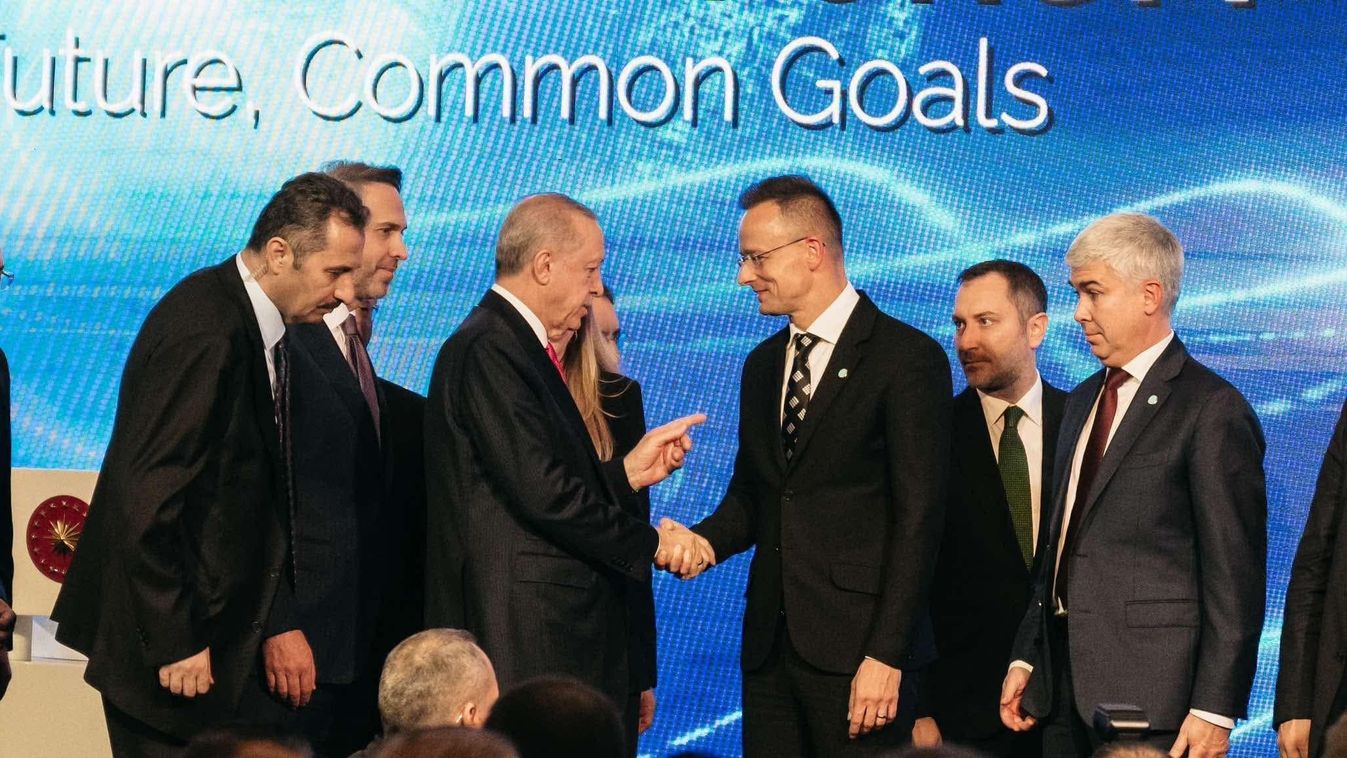
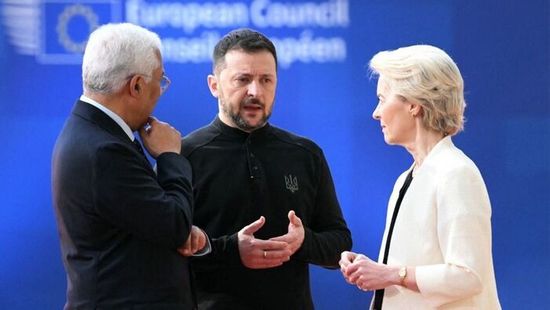
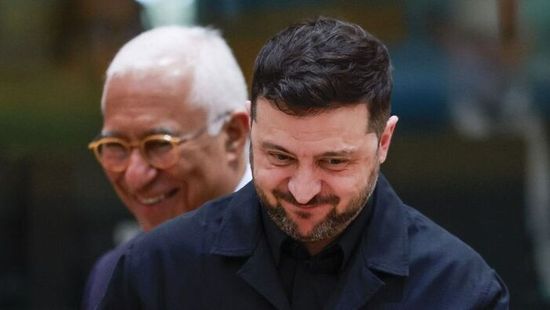
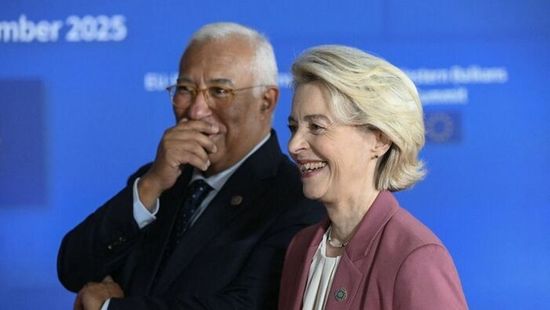


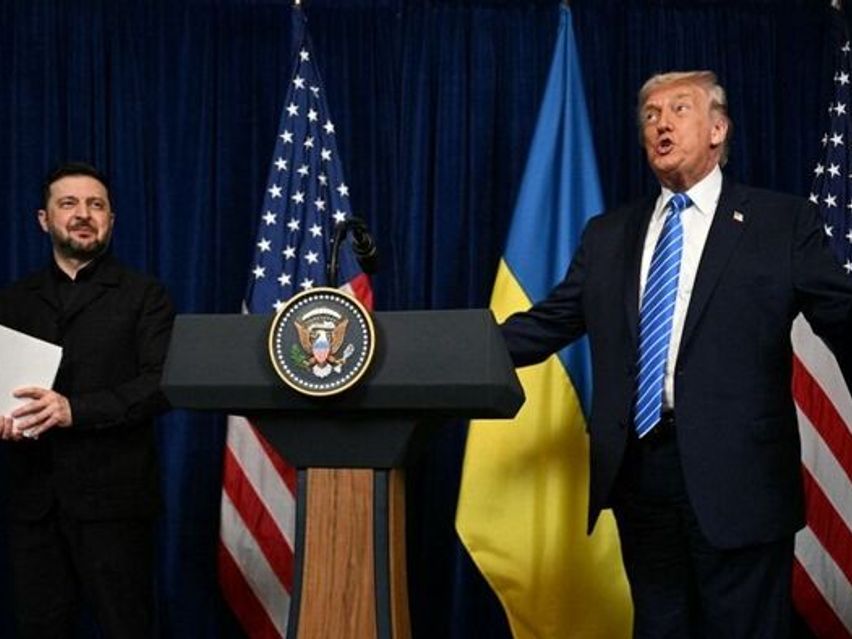

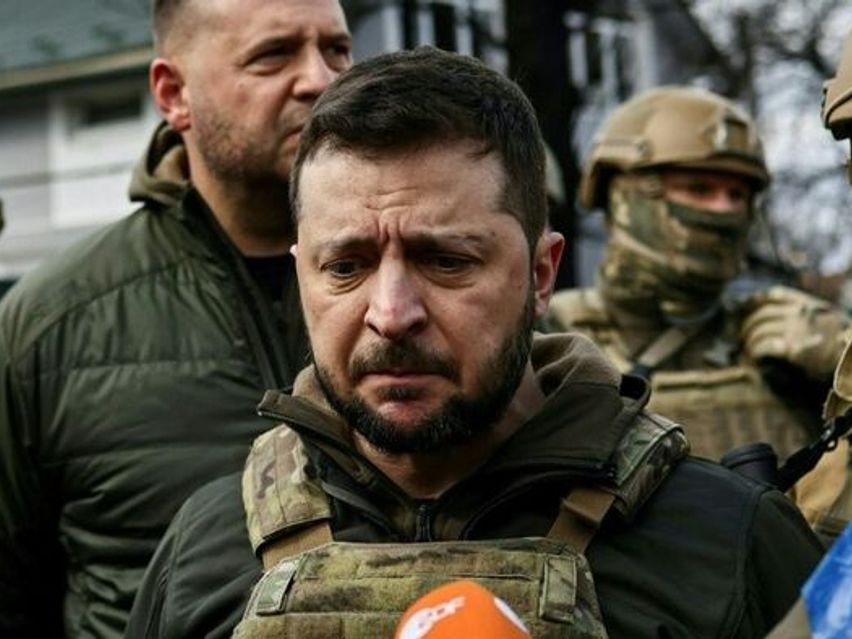


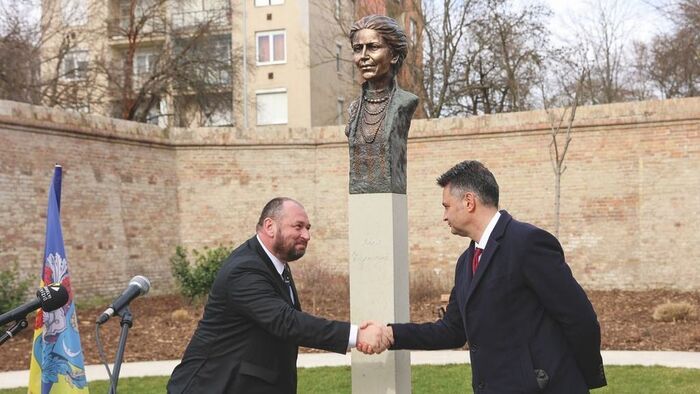

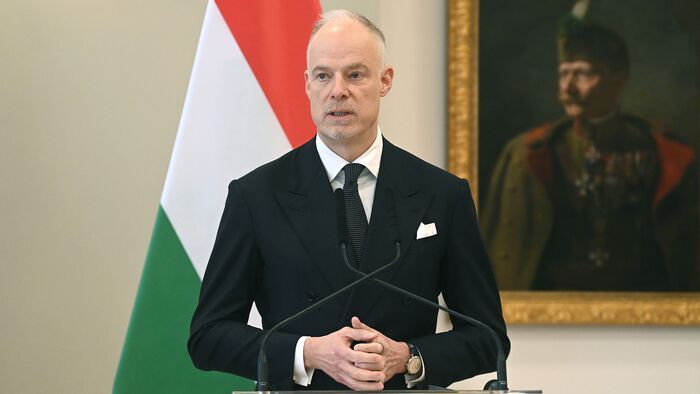
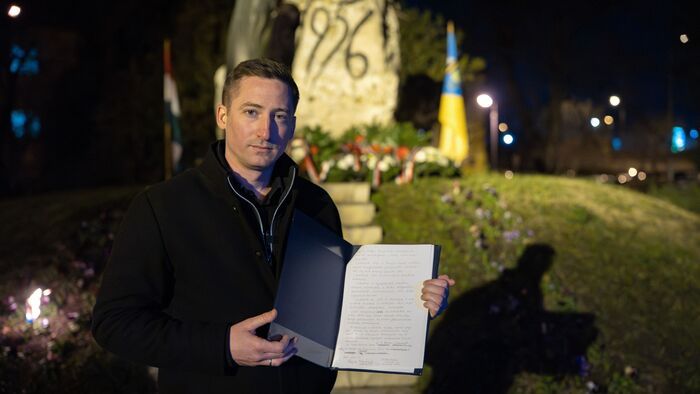
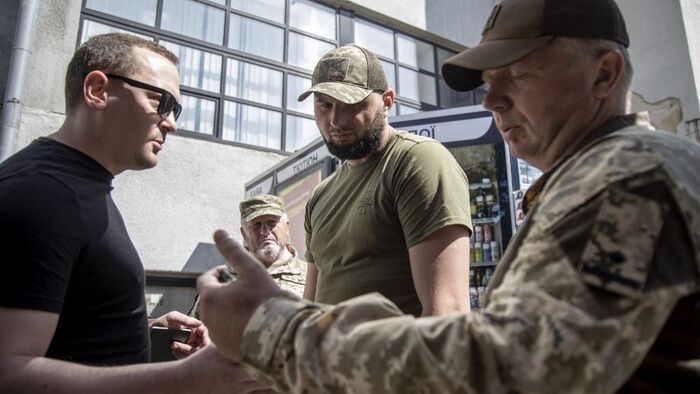
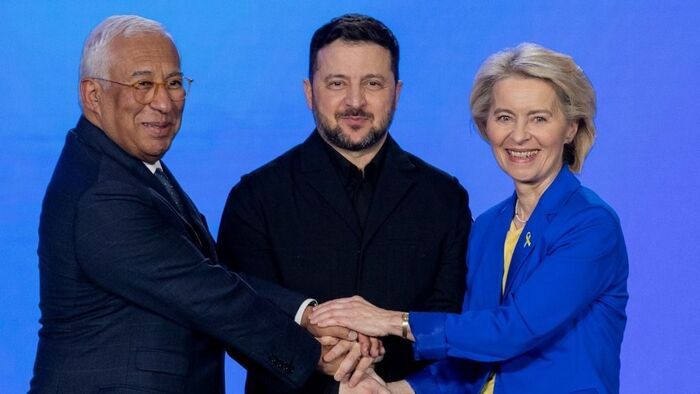
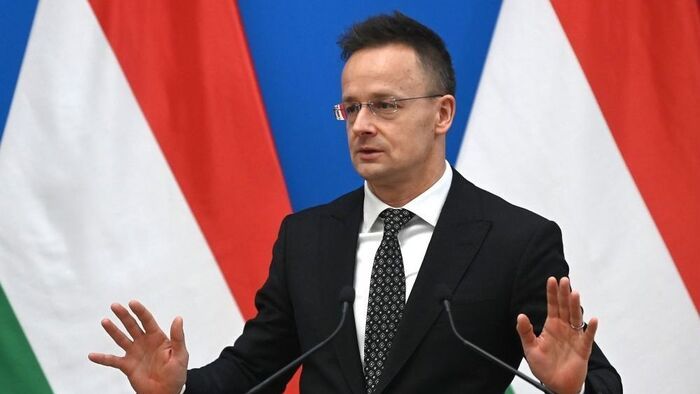





Szóljon hozzá!
Jelenleg csak a hozzászólások egy kis részét látja. Hozzászóláshoz és a további kommentek megtekintéséhez lépjen be, vagy regisztráljon!